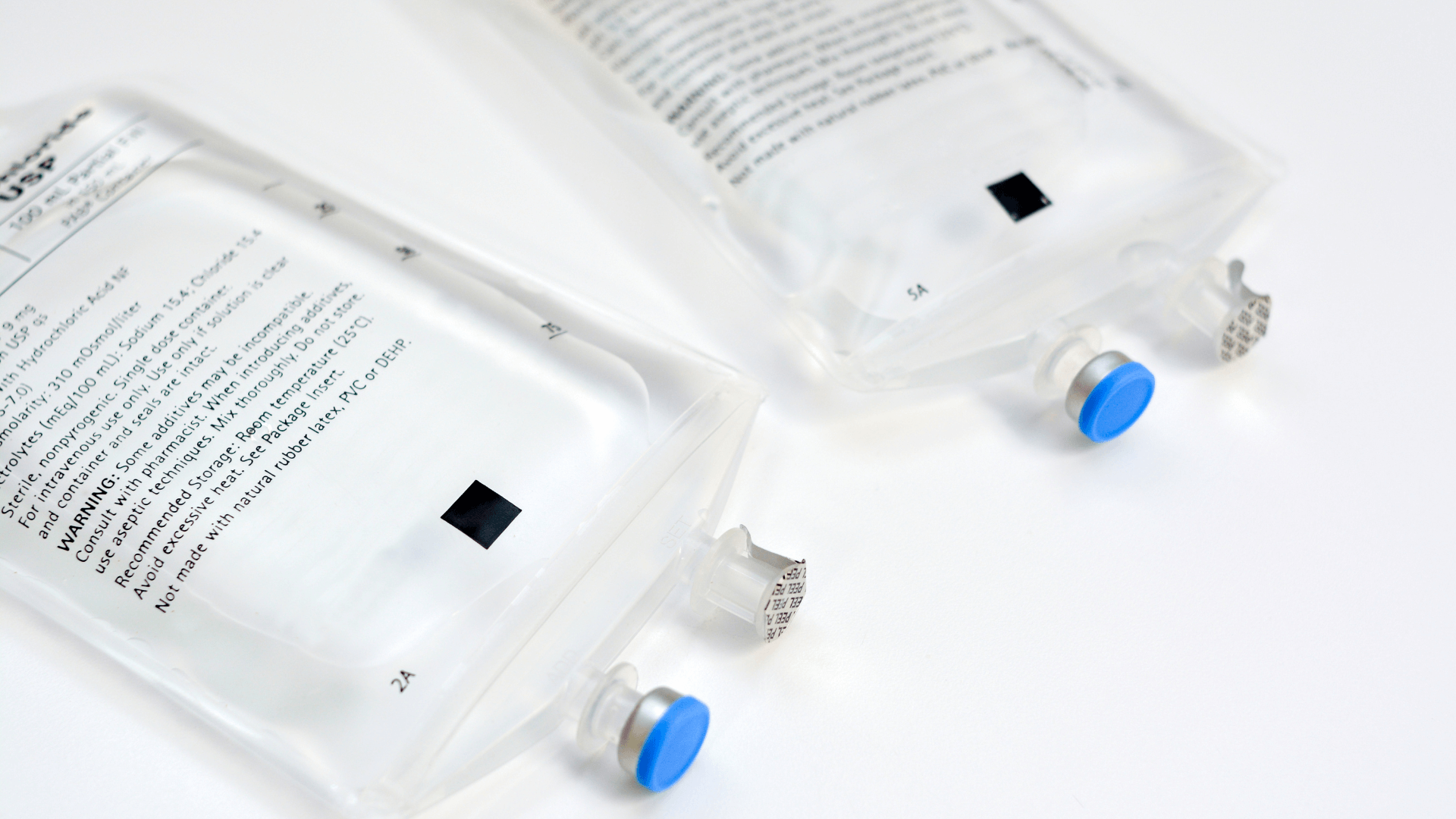Biocompatibility Services for Medical Devices
Why is Medical Device Testing necessary?
- Support toxicological evaluations based on safe and reliable in vitro alternative methods
- Assess toxicological assays based on standard and custom alternative methods
- Identify potential chemicals migration & determine their impact on human health
- Determine environmental effects and establish product storage and expiry date criteria
- Evaluate Test strength, brake load and other physical characteristics of Medical Devices
- Assess microbiological safety by testing for harmful pathogens
As directed by the ISO 10993-1, the biocompatibility of medical devices is a critical part which will allow the holistic biological evaluation of the medical device regarding its safety. Depending on the type of the medical device, biocompatibility evaluation may include:
- Cytotoxicity Testing
- Sensitization Testing
- In Vitro Irritation Testing:
- In vitro skin irritation – OECD 439
- In vitro skin corrosion – OECD 431
- In vitro eye irritation – OECD 492
- In vitro 3T3 NRU phototoxicity – OECD 432
- In vitro inhalation toxicity
- In vitro vaginal test
- In vitro oral and gingival irritation
- Acute, Subchronic, Chronic Toxicity Testing
- Implantation Testing
- Hemocompatibility Testing
- Genotoxicity Testing
AMES test > The bacterial reverse mutation test (AMES test) uses amino-acid requiring strains of Salmonella typhimurium and Escherichia coli to detect point mutations by base substitutions or frameshifts. It detects mutations which revert mutations present in the test strains and restores the functional capability of the bacteria to synthesize an essential amino acid.
- Carcinogenicity Testing
- Reproductive/Developmental Testing
Personalizing biocompatibility testing to efficiently study the biological safety of a medical device, following the regulatory demands, is also part of the services that QACS Lab offers. Please contact us with your request for providing tailor-made solutions.
As indicated in the ISO 10993-1, the selection of materials to be used for manufacturing a medical device must be the first consideration for defining fitness for purpose.
At QACS Lab we provide Chemical Characterization for the:
- Chemical characterization of materials (ISO 10993-18)
- Physico-Chemical, Morphological And Topographical Characterization Of Materials (ISO 10993-19)
- Identification and quantification of degradation products from polymeric medical devices (ISO 10993-13)
Microbiological testing of medical devices involves assessing the presence and risk of microbial contaminants to ensure the devices are safe for use and do not pose a risk to patients.
QACS Lab is equipped with ISO 17025 accredited and GLP certified facilities, offering a range of comprehensive testing services, including:
- Sterility Testing
- Bioburden Testing and Detection of pathogens/specified microorganisms
- Efficacy of antimicrobial products against biofilm
- Microbial Barrier Properties
- Next Generation Sequencing (NGS) cutting-edge technology – an untargeted approach to reveal the true microbiome of the tested product or production facility, setting new standards in the Medical Device industry
Packaging evaluation of medical devices involves assessing the packaging materials, design, and integrity to ensure that they meet regulatory requirements and effectively protect the device throughout its lifecycle.
QACS Lab provides complete packaging testing services for packaging validation for medical devices according to ISO 11607 and EU MDR requirements. Please contact us to offer you the best custom designed packaging evaluation plan based on your product, including:
- Packaging Aging studies
- Real time protocols
- Accelerated aging protocols
- Mechanical properties (ISO 11607)
- Tensile strength test
- Seal strength
- Delamination force
- Puncture resistance
- Tear resistance
- Compression test
- Packaging Microbial testing (F1608, F2638)
Evaluation of the ability of porous packaging material to stop microbes from contaminating their contents.
- Extractables and Leachables studies (ISO 10993-17)
Identification of additives and substances, as well as determination of their ability to migrate from the packaging material to the formulation.
Following the International Conference on Harmonization (ICH) guidelines and ASTM 1980, at QACS Lab we perform the stability assessment of medical devices at real-time and accelerated conditions to determine the shelf-life of the medical device.
The testing conditions are adjusted to reflect each customer’s requirements. Please contact us for more information.

